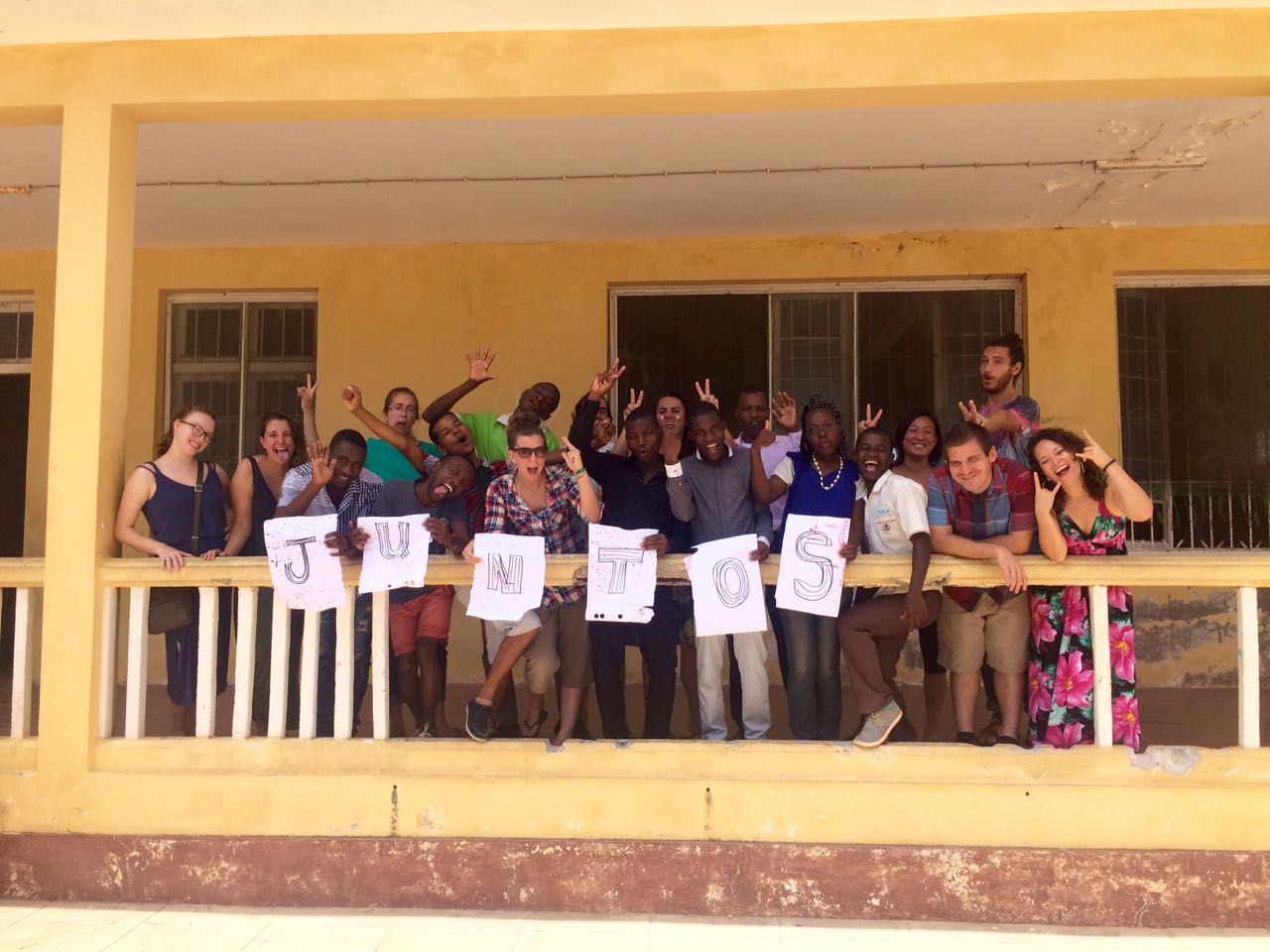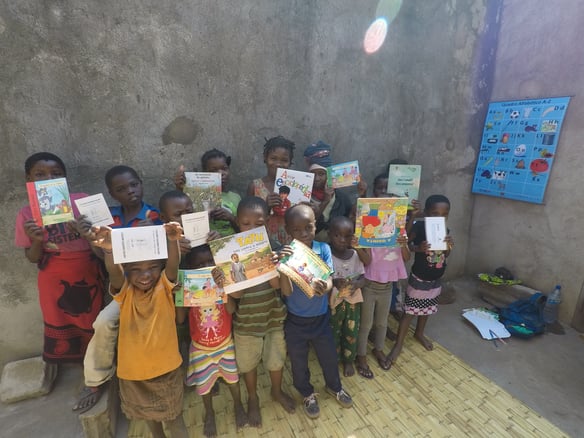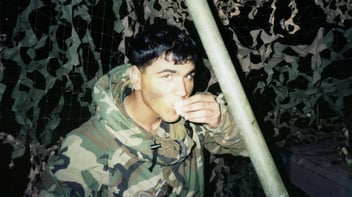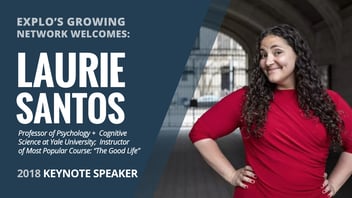EXPLO Faculty Alum, Kathryn Brunstein, Discusses Project-Based Education in Mozambique

It’s 8 pm in Maputo, Mozambique and Kathryn Brunstein sits in a quiet cafe, grasping for what little wifi she has available. When she said she would call in to Norwood, Massachusetts to chat about her position in the Peace Corpse as an educator in Mozambique, we didn’t realize how much effort “calling in” would take.
With five attempts to dial in and three ‘false alarm’ connections, we finally hear an enthusiastic — albeit slow — “Hello!” from roughly 7,910 miles away.
Brunstein has been living in Mozambique for a little over a year and of all the things she has gotten used to, spotty internet is not one of them.
Brunstein was accepted into Peace Corps Mozambique, specifically in the Education Project, whose goal is to ensure that students benefit from an improved culture of learning and educational opportunities.
In describing her role with the Peace Corps, Brunstein said, “I am specifically working with math educators who will eventually teach in primary schools. My students [Mozambique math educators] introduce concepts like addition, subtraction, multiplication and rounding to the community. My role is to re-establish those basic math skills in innovative ways. That way, throughout this process, my students can implement these innovations in their own classroom.”
Brunstein, when asked about education in Mozambique, said “Most of my students’ schooling has been sitting and writing down word for word from a textbook that their teacher reads out loud to them. It’s interesting because when I ask my students to ‘help one another’ — for example, by explaining a problem and walking through an issue — to them it directly means, ‘let each other copy your work, number by number, symbol by symbol. . . They’ve had no practice with engagement, group work, or exploratory learning. It made me realize that the idea of collaboration in the classroom is not intuitive for anyone, but instead a taught skill.”
It made me realize that the idea of collaboration in the classroom is not intuitive for anyone, but instead a taught skill.
So, how do we introduce the concept of collaboration in a classroom where “group” projects are as foreign as it gets? Brunstein says it all comes back to her teaching at EXPLO.
“With my experience at EXPLO, I was taught to always ask myself ‘How can I do this concept ‘bigger’? How can I make the classroom feel more ‘alive’? So I started developing curriculum around playful learning . . .at first, all I could come up with were exercises that involved a lot of materials. And that just wasn’t going to work.”
With my experience at EXPLO, I was taught to always ask myself ‘How can I do this concept ‘bigger’? How can I make the classroom feel more ‘alive’?
Why not? A big challenge that Brunstein faces day to day is the lack of materials offered to her in the classroom.
“I started using rocks instead of blocks to represent abstract concepts. Sticks work really well too. And I started separating my students into groups, introducing them to the concept of a ‘project’ with these makeshift materials. The end goal was for them to learn how not only how play, but collaborateive play can help a group reach a solution."
Brunstein recogonizes that it might seem trivial to teach the concept of a "project" but shes says that when your students are 17 -27 year old adults who have only ever worked with a textbook, trusting in the power of working together is a huge breakthrough.

Brunstein's experience reminds us that hands-on learning isn’t innately part of us. We have to teach students how to be playful. To collaborate. To examine.
Brunstein had a few thoughts as to why certain communities may learn collaborative play sooner than others:
“When a student has a specific role in their community or household — to cook, to clean, to build, to care — working together seems extraneous.”
It makes sense. There are students in classes in the United States — and abroad — who have not had an opportunity to learn just how and why working together, well . . . works. Collaborative play offers opportunities to share risks and responsibilities. It builds trust in the people with whom you collaborate with. Most importantly, those with whom you collaborate with, begin to trust you.
There are certainly other challenges that Brunstein has been problem-solving thousands of miles away from home (besides seeking ways to have her bi-annual fix of chocolate cake) — language being the most challenging. Brunstein is still in the process of learning Makhuwa, the primary Bantu language of Mozambique, so that she can become closer to the community. In the meantime, she has started a women’s soccer league in the village.
“A modest 5 or 6 players show up at a time, but it’s a lot of fun.”




